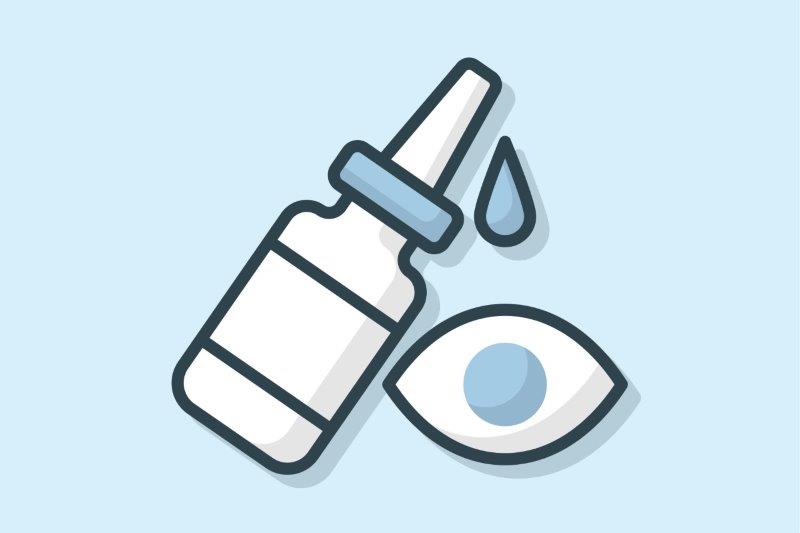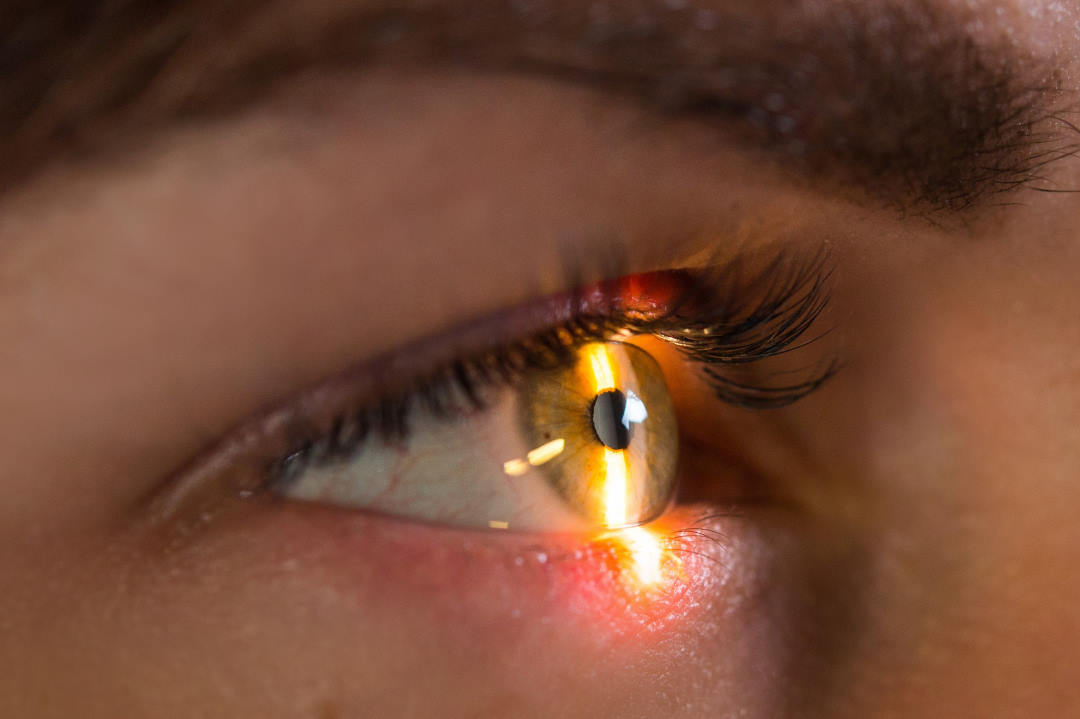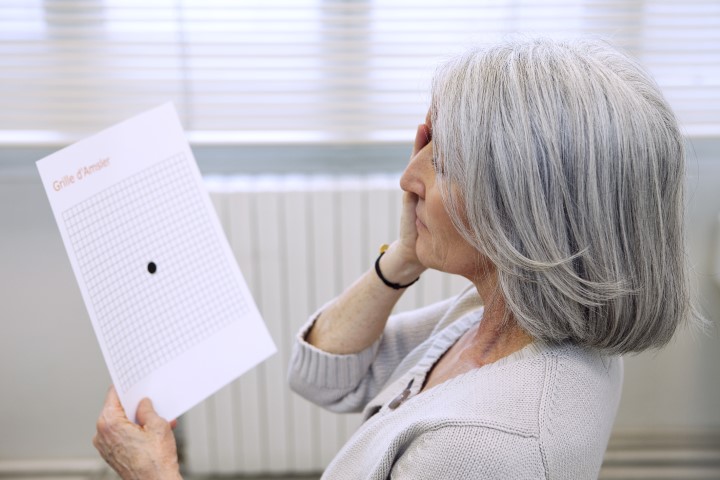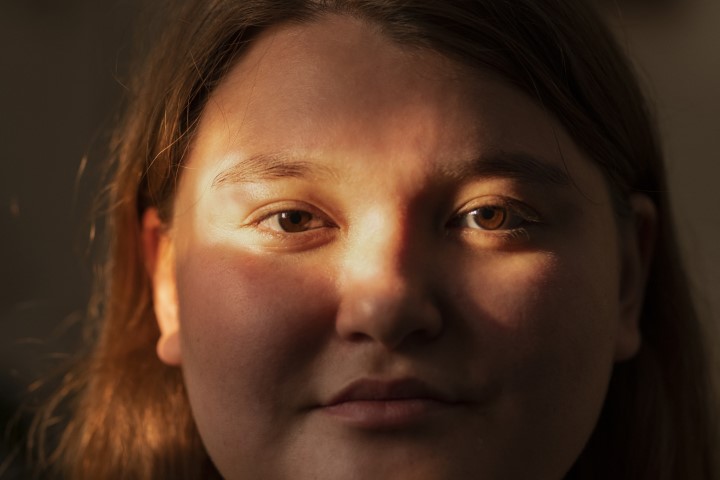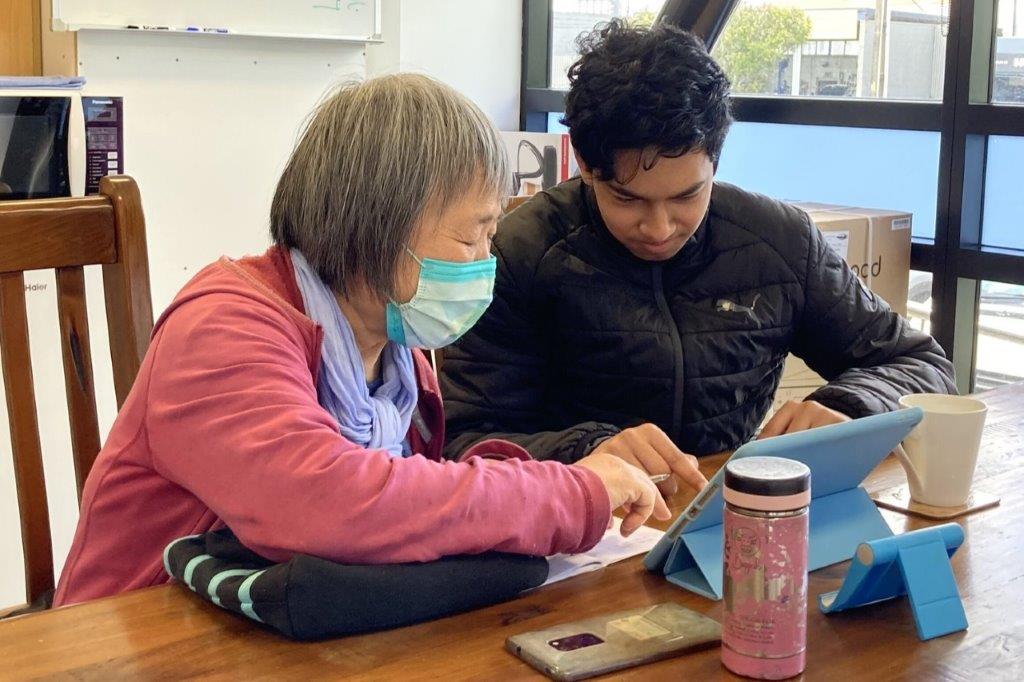Surgical salad training for budding ophthalmologists
A group of senior UK ophthalmologists have devised a series of home-based exercises for trainee surgeons, using fruit and vegetables as surrogate eye components.
Prompted by the pandemic’s impact on surgical training Drs Simerdip Kaur, Amy-Lee Shirodkar, Michael Austin and Mayank Nanavaty devised and tested a range of simulation techniques that mimic phacoemulsification cataract surgery steps using various everyday materials. Corneal incisions were practiced on grapes, capsulorhexis on potato skins, wound suturing on orange peel, and a general manual dexterity exercise used poppy seeds.
Microsurgical simulation typically relies on specialist equipment or virtual-reality simulators, which are both location specific and time- and resource intense, wrote Dr Kaur et al in Ophthalmology Times. “Given these challenges, we devised a smartphone-based, practical, low-cost, easily reproducible and realistic intraocular microsurgical simulation modality that can be used at home.”
While the ophthalmologists acknowledged their exercises don’t simulate real ophthalmic surgery steps, they do require hand-eye coordination and could enhance muscle memory when performed regularly, they wrote. “The ubiquitous role of smartphones in our daily lives allows for frequent access and practice; the set-up is low maintenance and has no requirement for formal approvals/licences, plus the microsurgical simulation set-up can be safely recreated in the home environment… Our intraocular microsurgery simulation model provides an easy, feasible, realistic, practical option. Assuming most trainees have access to a smartphone and basic disposable surgical instruments, our models do not require any additional expense, thereby minimising cost and resource barriers.”











